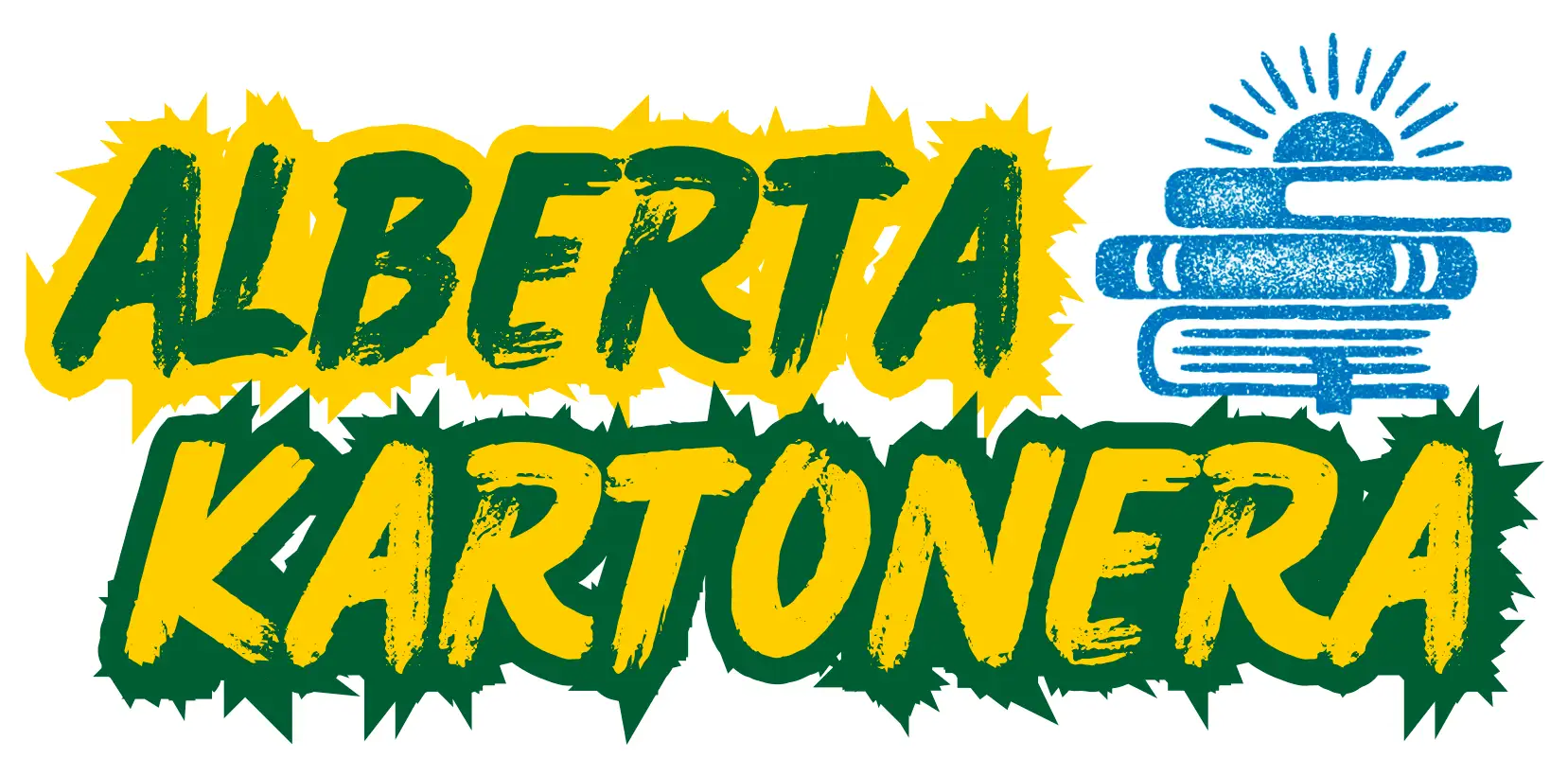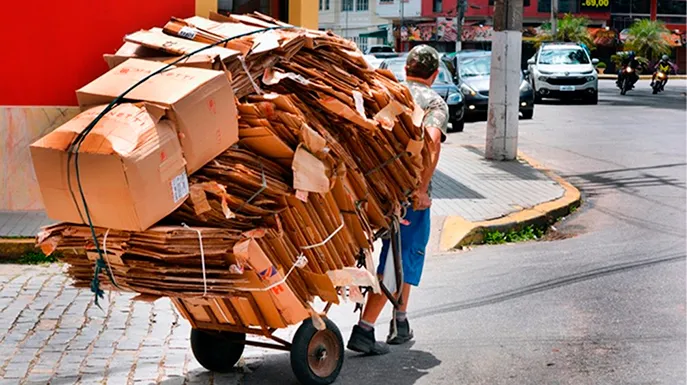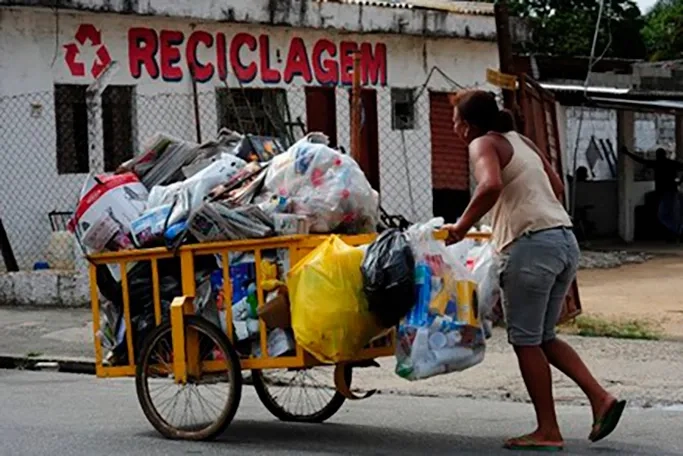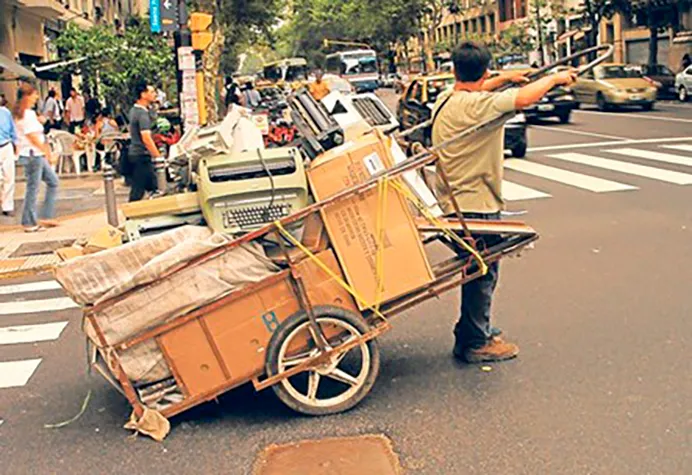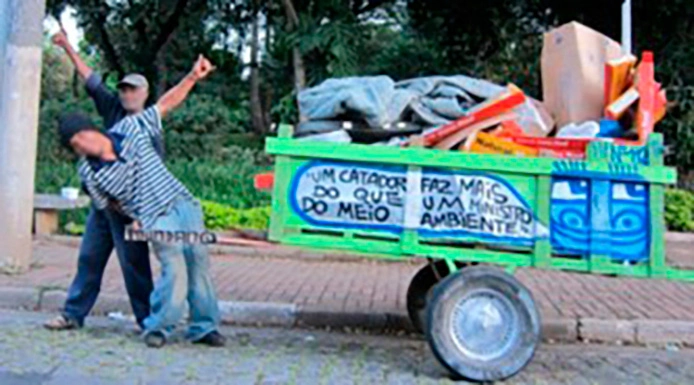Cartoneros | Catadores | Pepenadores
Grassroots Recyclers in Latin America
It is estimated that up to 3.8 million people in Latin America make a living, partially or in full, from recycling waste, especially cardboard and paper. In Brazil, they are responsible for collecting between 10 and 20% of urban solid residues, and 90% of all recyclables in the country (paper, glass, metal) are collected by catadores and catadoras (male and female recyclers).
Photo credits (clockwise from top left):
perfil.com; redebrasilatual.com.br;
